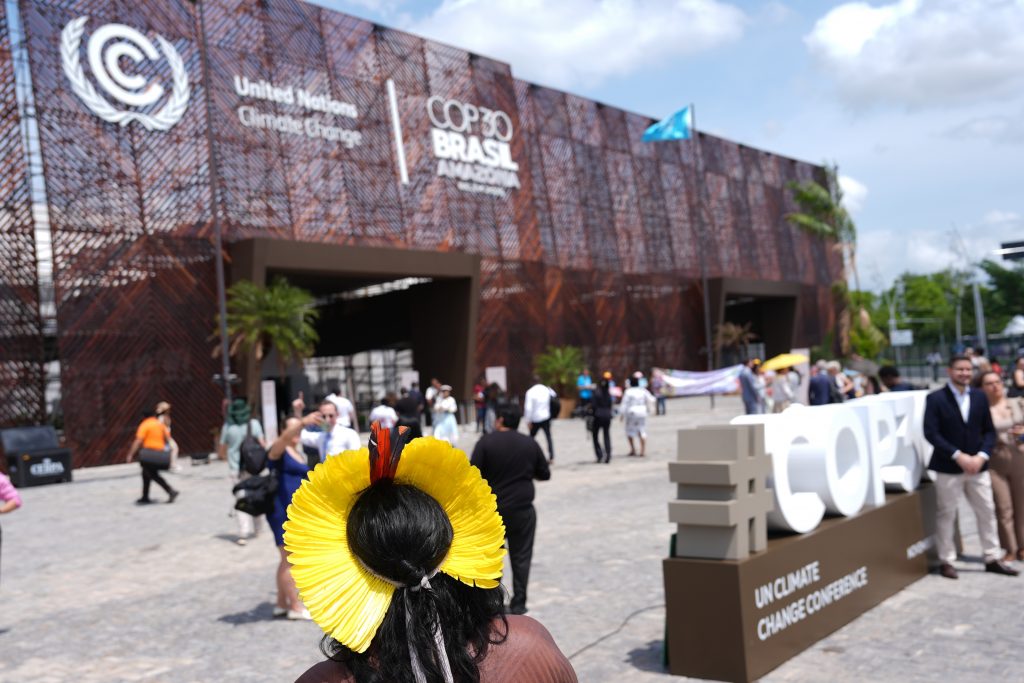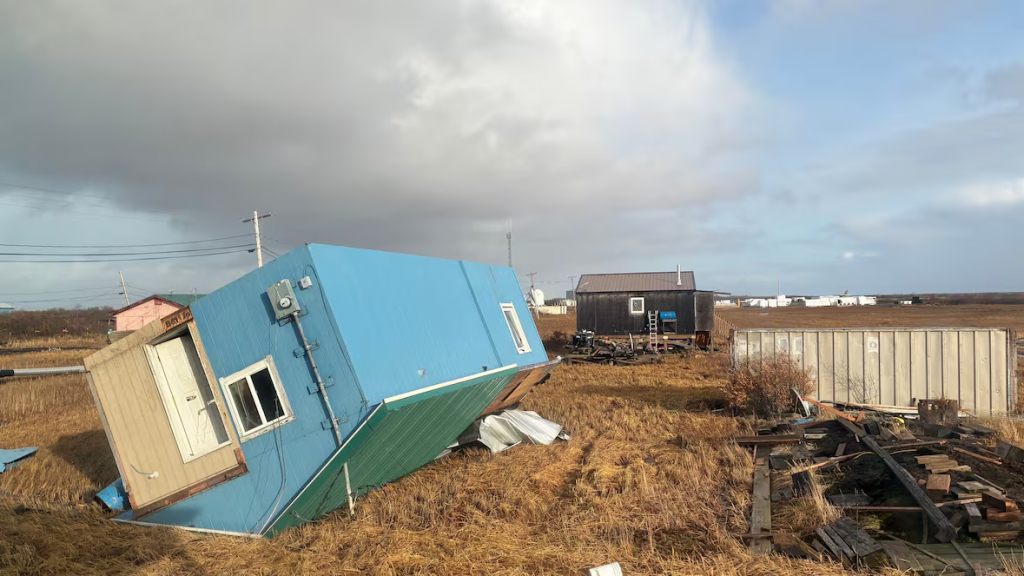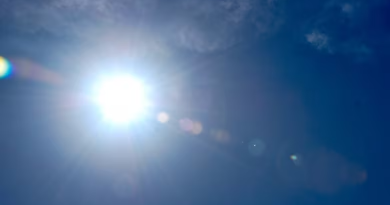Facing rapid Arctic warming, Inuit call for full voice in COP30 climate decisions

With all eyes on the COP30 climate talks in Belém, underway in Brazil this week, the organization representing Inuit internationally has issued a position paper calling for stronger recognition of Indigenous rights and clearer pathways for Inuit participation in global climate negotiations.
“The Arctic is warming almost four times faster than the global average, causing extreme and irreversible changes to Inuit lands, waters, and ice,” the Inuit Circumpolar Council (ICC) said in the paper.
“It is essential to address the root causes of the climate crisis to ensure Inuit safety and survival on our lands and territories, with our lives and livelihoods on the line.”
COP, or the Conference of the Parties, is an annual gathering of the countries that have signed the United Nations Framework Convention on Climate Change (UNFCCC) to limit greenhouse gases and human contributions to climate change. It’s also become the place where international climate agreements — including the Paris Agreement — have been negotiated and adopted.
World off targets, Arctic communities rapidly transforming
ICC highlighted that the latest Global Stocktake — the UN assessment of global progress toward meeting the Paris Agreement commitments to limit global warming well below 2°C, and ideally to 1.5°C — concluded that countries remain off track to meet those targets.
Meanwhile, the organization said, Inuit are the ones on the frontlines of a rapidly warming Arctic, putting their communities at heightened risk from coastal erosion, unstable sea ice, permafrost thaw and increasingly severe weather events.
Typhoon Halong, which displaced more than 1,600 people from Indigenous communities in western Alaska, is one example of how Arctic Indigenous Peoples are experiencing extreme weather events firsthand, giving them a significant stake in the outcome of international climate talks, ICC said.

“The human safety and rights of Inuit are directly and adversely affected by extreme weather events and changes to our climate, environment, and thereby our livelihoods and communities,” ICC Vice Chair Herb Nakimayak said.
“We are facing a planetary crisis, and Inuit are at the forefront. The rights of Indigenous Peoples must be fully recognized and upheld in the climate negotiations.”
ICC’s position paper outlines five recommendations for policy makers, research institutions and governments to make sure climate measures account for the implications of a rapidly changing Arctic as well ensuring Indigenous rights:
- Direct access to climate funding, so communities can manage climate-related projects rather than rely on governments as intermediaries
- Include Inuit directly in UN climate processes where policies could affect Arctic lands, waters and livelihoods
- Acknowledge that Inuit live in one of the world’s most climate-exposed ice and snow regions, and because of that, ensure they are not excluded from global discussions about the impacts of rapid warming.
- Incorporate Indigenous knowledge guided by Inuit communities and used alongside scientific research in climate planning.
- Make sure the shift to new energy systems is fair, so Inuit communities are not left to absorb the costs of transitioning away from fossil fuels.
“Climate action – prevention, mitigation, and adaptation – must draw on Indigenous Knowledge and the leadership of Indigenous Peoples,” ICC Chair, Sara Olsvig said. “Strategies to address climate change – from energy transition, to carbon markets, to geoengineering – must uphold the rights of Indigenous Peoples to self-determination, and must secure the free, prior, and informed consent of Indigenous Peoples.”
ICC represents roughly 180,000 Inuit across Alaska, Canada, Greenland and Chukotka.
The COP30 conference runs until Nov. 21.
Comments, tips or story ideas? Contact Eilís at eilis.quinn(at)cbc.ca
Related stories from around the North:
Canada: As COP30 nears, new report warns of ‘irreversible’ polar ice loss, Eye on the Arctic
Finland: Flooding in Finland is getting worse, new climate report says, Yle News
Iceland: Iceland sees security risk, existential threat in Atlantic Ocean current’s possible collapse, Reuters
Greenland: Only highest possible ambition can cut global damage from accelerating ice loss, Blog by Irene Quaile
Norway: Weather above normal for 18 consecutive months, The Independent Barents Observer
Russia: New NOAA report finds vast Siberian wildfires linked to Arctic warming, The Associated Press
Sweden: Proposal—Sweden’s 2030 climate targets to remain unchanged, Radio Sweden
United States: How the Arctic has been ‘pushed & triggered’ into climate extremes: paper, Eye on the Arctic



